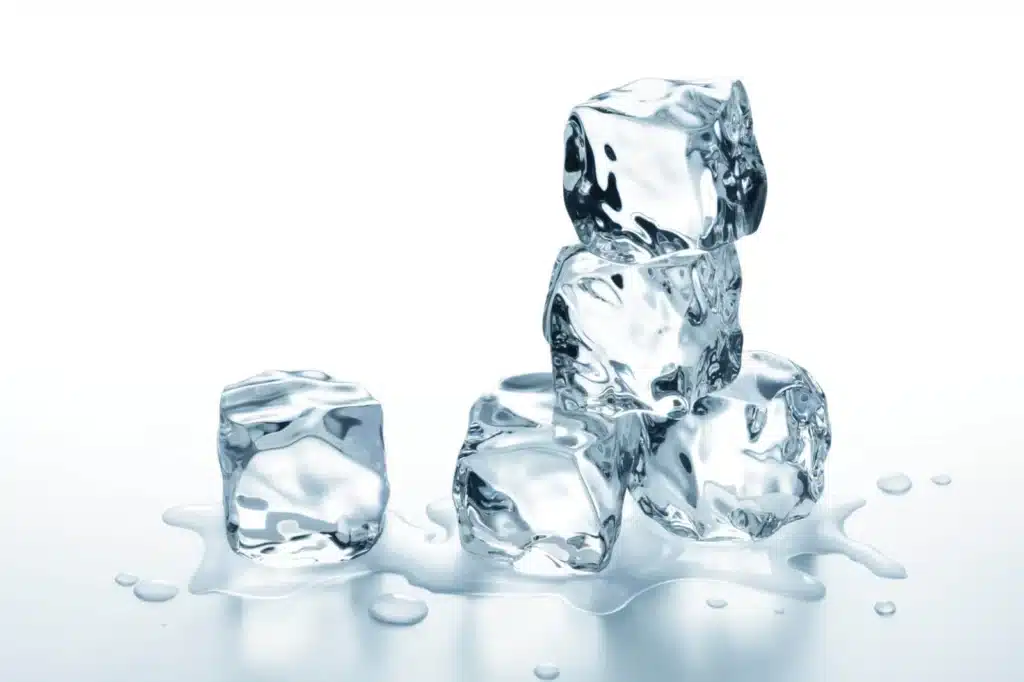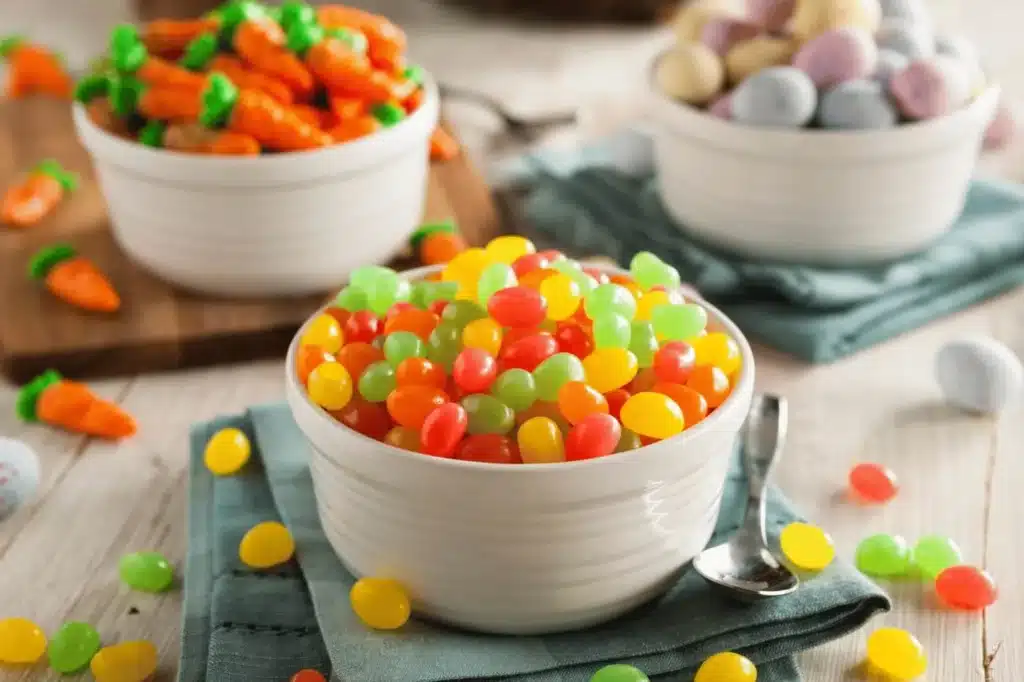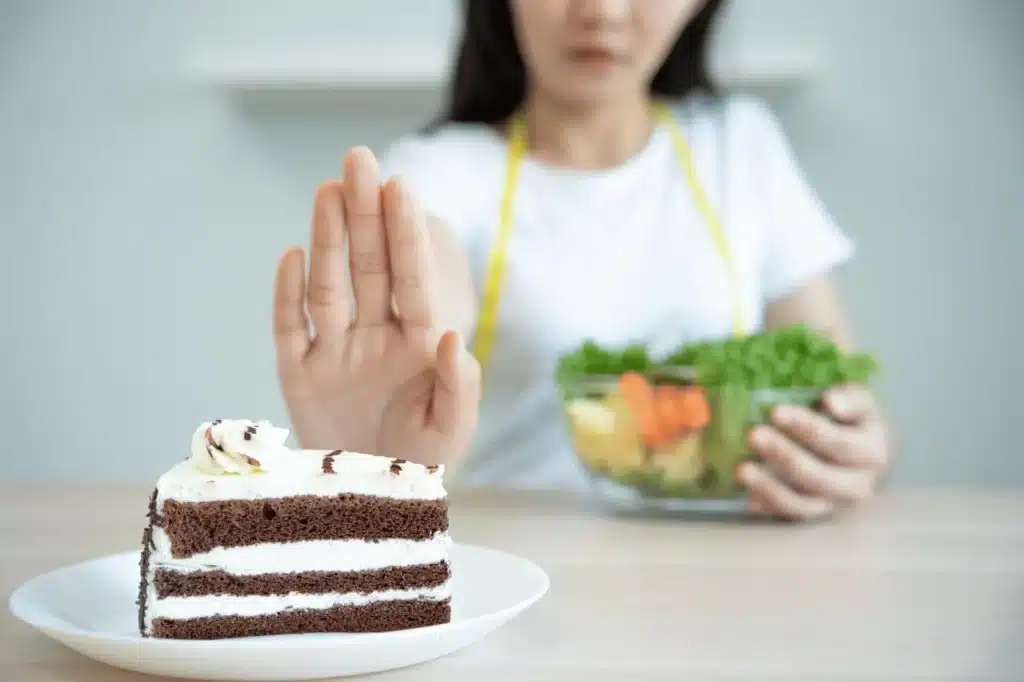Do you know that some foods can damage your sealants? Read to know what foods to avoid after dental sealants.
Dental Sealants
The back molar teeth have tiny grooves and pits on their chewing surfaces. These are hard to clean, even with careful brushing and flossing. Food, plaque, and bacteria can get stuck in these spaces and cause cavities.
To avoid cavities and tooth infections, children must get sealants at age between 6-12 years.
Dental sealants are like a strong plastic coating on the molars’ chewing surfaces. They act as a barrier to shield the teeth from acid and plaque, reducing the chance of cavities.
Getting sealants is easy and painless, with no drilling or numbing required. They usually last about 2 to 5 years. They are highly effective at preventing cavities. Your dentist should check sealants during regular dental checkups.
Remember, though, that dental sealants don’t protect the surfaces between the teeth that need flossing, nor the areas near the cheeks and tongue. So, it’s still essential to maintain good oral hygiene habits for your child’s overall dental health.
Foods To Avoid After Dental Sealants
Sealants might need a day or two to settle into the tooth’s shape fully, but once they do, the treated teeth feel just like the rest. They won’t get in the way of eating, chewing, talking, singing, playing musical instruments, or even smiling.
Even though sealants don’t require you to change your diet much, there are certain foods you should stay away from after getting them. Hard, sticky, or chewy foods can make them chip, break, or come off.
Let’s explore some foods to avoid after dental sealants.
Caramel
After getting dental sealants, staying away from chewy, sticky, and hard foods for a day or two is best. And even after that, be cautious with chewy and sticky foods. Caramel is one of the sticky foods to avoid after dental sealants.
Gummy Candy
Gummy candy might not seem like a big deal, but it can quickly get stuck on the sealant and lead to problems. It’s among the foods to avoid after dental sealants. Remember, all that sugar sticking to your back teeth could increase the risk of the tooth decay you were trying to prevent.
Toffee
Toffee is tough because it’s hard, crunchy, and sticky. It can threaten your dental sealants in multiple ways. Toofe is also among the hard and sticky foods to avoid after dental sealants. It’s probably a good idea to skip this food altogether.
Licorice
Licorice isn’t as sticky as gummy candy but is chewy and can affect your dental sealants if you’re not careful. It’s better to avoid it to save yourself from unnecessary trips to the dentist.
Lollipops
Like hard candy, it might be tempting to think lollipops won’t harm your dental sealants if you’re careful not to bite down too soon. But there’s still a lot of room for error, and biting down too early could lead to cracks or damage to your sealant. Lollipops are also among the foods to avoid after dental sealants.
Ice Cubes
Some people like chewing on ice cubes, but this habit can be risky for sealants and teeth. Ice cubes are those hard foods to avoid after dental sealants. Avoiding chewing on ice can help you avoid an unplanned visit to the dentist.

Hard Candy
You might think that if you suck on hard candy long enough, it won’t be a problem for your dental sealants. But all it takes is one moment of not thinking, and you could accidentally bite down too soon. Doing that could crack or chip your sealant.
So, it’s better to steer clear of hard candy entirely while you have dental sealants.

Chocolates
Sealants are made from medical-grade resin. When they’re exposed to sticky foods all the time, they can start to come off. Chocolates are sticky foods because they tend to cling to your teeth when you’re chewing them. While some chocolates are less sticky than others, eating them in moderation is still a good idea, or avoiding them for now.
How to Maintain Dental Sealants?
Even though dental sealants are made of plastic, they can still break or come off if you don’t take care of them properly. The longer your dental sealant lasts, the better it’ll be at stopping cavities.
Here’s what you need to do:
- Brush all your teeth surfaces, even the ones with sealants. Use a soft-bristled toothbrush and toothpaste. Brush the sides and tops just like you would for teeth without sealants.
Sealants protect your teeth from damage, but you can still get gum diseases. If tartar builds up near your gum line, you can get severe gum infections. So, keeping everything clean is essential.
Conclusion
The blog guides you on foods to avoid after dental sealants. It’s good to avoid sticky and hard foods because they can damage your sealants. Always consult your dentist for instructions to protect sealants.


